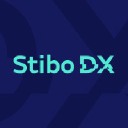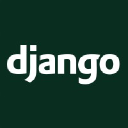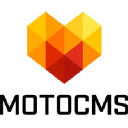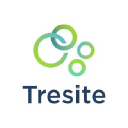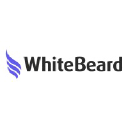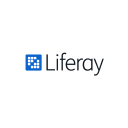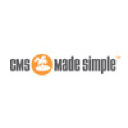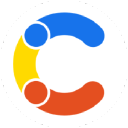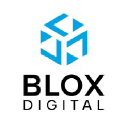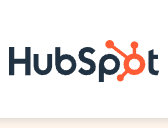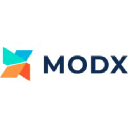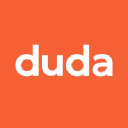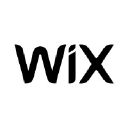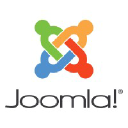
Joomla
What is Joomla?
Joomla is a free and open-source content management system (CMS) for publishing web content. It is built on a model–view–controller web application framework that can be used independently of the CMS.
Key Features of Joomla
- Fully responsive and mobile-friendly websites
- Multilingual support
- Flexible and extensible with over 6,000 extensions
- Supports hundreds of templates for customizable design
- Powerful media management
- User and content management tools
- Built-in accessibility features
Joomla Usage Statistics
| Joomla Websites | 2+ Million |
| Joomla Downloads | 111+ Million |
| Forum Posts | 4.5+ Million |
| Forum Members | 860,000+ |
Who Uses Joomla?
- Corporate websites and portals
- Online commerce
- Small businesses
- Non-profit and organizational websites
- Government applications
- School and church websites
- Personal or family homepages
Joomla Community
Joomla has a large and active community of users and developers worldwide. The community offers:- Support and resources through forums and documentation
- Collaborative development of the Joomla platform
- Creation and sharing of extensions and templates
- Local user groups and events
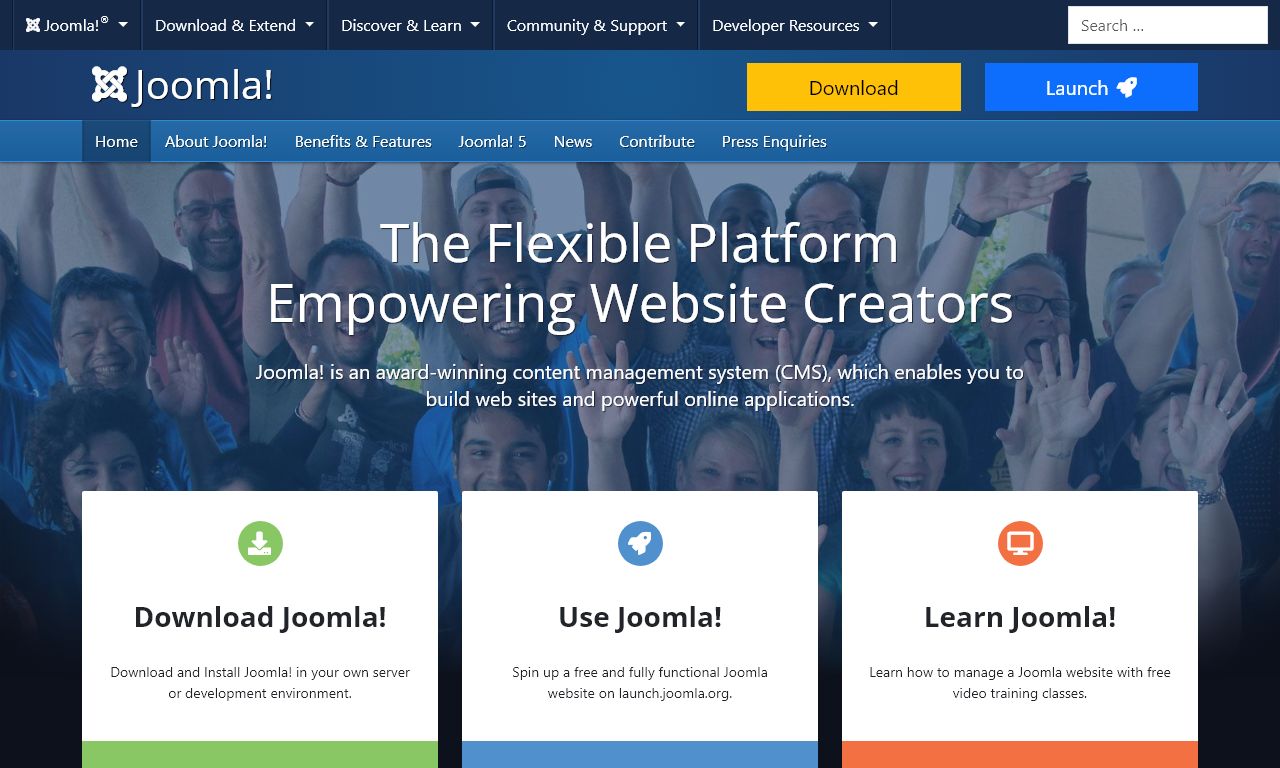
Joomla
Joomla is a popular open-source content management system (CMS) that powers millions of websites worldwide.
This review explores Joomla's features, capabilities, and user experience to help you determine if it's the right CMS for your needs.
1. Overview and purpose of the CMS
Joomla is a versatile CMS designed to create and manage websites of various sizes and complexities.
It offers a robust set of features for building dynamic and interactive websites, from simple blogs to complex e-commerce platforms.
Joomla powers approximately 2.5% of all websites globally, making it the third most popular CMS after WordPress and Shopify.
2. User interface and ease of use
Joomla's admin interface is intuitive and user-friendly, with a clean dashboard that provides quick access to essential functions.
The control panel offers a comprehensive overview of your site's status and recent activities.
While it may have a steeper learning curve compared to some other CMS options, Joomla's interface becomes easier to navigate with experience.
3. Content creation and editing tools
Joomla provides a WYSIWYG editor for creating and editing content, making it easy for users to format text, add images, and embed media.
The CMS supports various content types, including:
- Articles
- Pages
- Modules
- Custom content types
Joomla's versioning system allows users to track changes and revert to previous versions if needed.
4. Asset management capabilities
Joomla includes a media manager for organizing and managing images, videos, and other files used on your website.
Users can easily upload, categorize, and search for media assets within the admin interface.
The CMS supports various file types and offers basic image editing capabilities, such as resizing and cropping.
5. Customization and extensibility options
Joomla boasts a vast library of extensions and templates that allow users to customize their websites' functionality and appearance.
The Joomla Extensions Directory offers thousands of free and paid extensions for adding features like forums, galleries, and e-commerce capabilities.
Developers can create custom extensions and templates using Joomla's well-documented API and framework.
6. SEO features and optimization tools
Joomla includes built-in SEO-friendly features, such as customizable meta descriptions, title tags, and URL structures.
The CMS generates search engine friendly URLs by default and supports the creation of custom redirects.
Additional SEO extensions are available to enhance Joomla's optimization capabilities, including XML sitemap generation and schema markup tools.
7. Security measures and user management
Joomla takes security seriously, with regular updates and patches to address potential vulnerabilities.
The CMS offers robust user management features, including:
- User groups and access levels
- Two-factor authentication
- Password strength enforcement
Joomla's ACL (Access Control List) system allows administrators to fine-tune user permissions and access rights.
8. Performance and scalability
Joomla is designed to handle websites of various sizes, from small personal blogs to large enterprise sites.
The CMS supports caching mechanisms to improve performance and reduce server load.
Joomla can be optimized for high-traffic websites through various techniques, including:
- Content Delivery Networks (CDNs)
- Database optimization
- Server-side caching
9. Integration with third-party tools and services
Joomla offers numerous integration options with popular third-party tools and services.
Many extensions are available for integrating with:
- Google Analytics
- Social media platforms
- Payment gateways
- CRM systems
The CMS supports RESTful API development, allowing for seamless integration with external applications and services.
10. Pricing and support options
Joomla is free and open-source, with
Joomla is free and open-source, with no licensing fees or mandatory paid features.
While the core CMS is free, users may incur costs for:
- Premium templates and extensions
- Web hosting
- Professional support and services
Support options include:
- Official Joomla documentation and forums
- Community-driven resources and tutorials
- Third-party support providers and consultants
Joomla's active community ensures a wealth of free resources and peer support for users of all levels.
11. Mobile responsiveness and multi-device support
Joomla offers responsive templates that automatically adapt to different screen sizes and devices.
The CMS provides a mobile-friendly administration interface, allowing users to manage their websites on-the-go.
Joomla's core features and most popular extensions are designed with mobile compatibility in mind.
12. Multilingual capabilities and localization features
Joomla supports multilingual websites out-of-the-box, allowing users to create content in multiple languages.
The CMS offers a language manager for installing and managing language packs.
Joomla's translation system enables easy localization of both frontend and backend interfaces.
13. Workflow management and collaboration tools
Joomla includes basic workflow management features for content creation and publishing.
The CMS supports multi-user collaboration with different user roles and permissions.
Additional extensions are available to enhance Joomla's workflow and collaboration capabilities.
14. Version control and content revision history
Joomla offers built-in version control for articles and other content types.
Users can easily compare different versions of content and revert to previous versions if needed.
The CMS maintains a detailed revision history, allowing administrators to track changes over time.
15. Analytics and reporting functionalities
Joomla provides basic site statistics through its admin interface, including visitor counts and popular content.
Integration with Google Analytics is possible through various extensions.
Advanced reporting and analytics capabilities can be added through third-party extensions.
16. E-commerce capabilities
While Joomla is not primarily an e-commerce platform, it supports online selling through various extensions.
Popular e-commerce solutions for Joomla include HikaShop and VirtueMart.
These extensions offer features such as product management, shopping carts, and payment gateway integrations.
17. Compliance with accessibility standards
Joomla strives to comply with WCAG 2.1 guidelines for web accessibility.
The CMS includes features to help create accessible content, such as alt text for images and proper heading structures.
Many Joomla templates are designed with accessibility in mind, ensuring compatibility with assistive technologies.
18. Documentation and learning resources
Joomla offers extensive official documentation through its documentation website.
The CMS provides a variety of tutorials and guides for users of all skill levels.
Joomla's official forum serves as a valuable resource for troubleshooting and learning.
19. Community support and ecosystem
Joomla boasts a large and active community of developers, designers, and users.
The CMS organizes regular events and conferences, such as the annual Joomla! World Conference.
Joomla's ecosystem includes numerous third-party developers and service providers offering extensions, templates, and support.
20. Migration tools and processes from other platforms
Joomla offers various migration tools and extensions to facilitate moving from other platforms.
The CMS provides documentation and guides for migrating from popular platforms like WordPress and Drupal.
Professional migration services are available through Joomla's network of service providers for complex migrations.
In conclusion, Joomla offers a robust and flexible content management solution suitable for a wide range of website projects, from small personal sites to large enterprise applications. While it may have a steeper learning curve compared to some alternatives, its extensive features, strong community support, and customization options make it a compelling choice for users seeking a powerful and versatile CMS.
Website:

